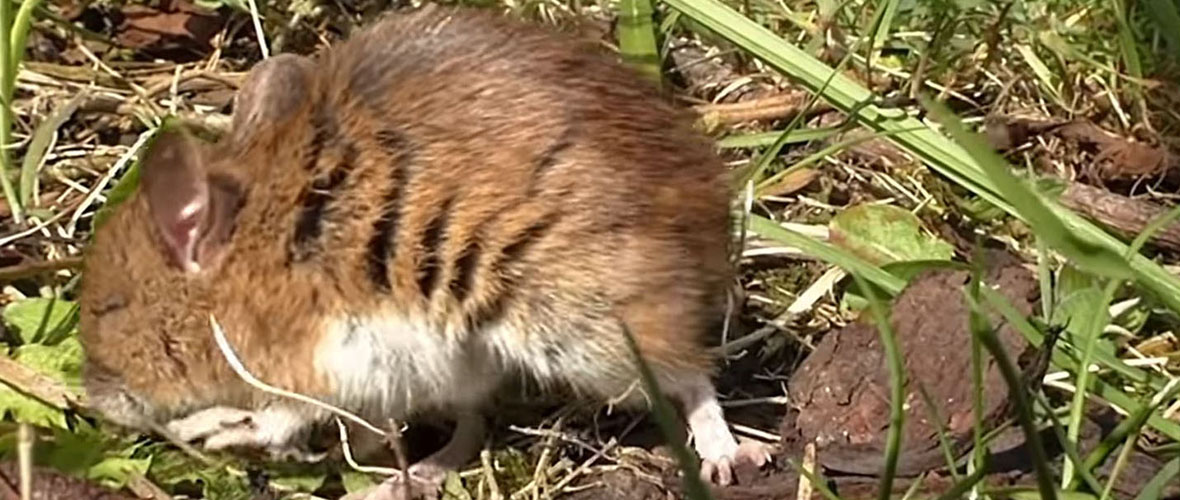- info@Tylerpestanimal.com
Call 24/7 for a free quote:
430-200-4355

Pest Animal Removal Tyler - Wildlife Control
Welcome to Pest Animal Removal Tyler! We are a wildlife removal company servicing Tyler, TX. Dealing with a wild animal in your home is a serious business, and there certainly are risks if you decide that you want to try and deal with the animal yourself. Hiring a professional company to handle the matter on your behalf can reduce the time that you have to spend dealing with it, and also ensure the job gets done safely and efficiently. We have been helping people in the area with all sorts of animal infestations and problems in commercial and domestic properties for nearly ten years, and you can see from the wealth of reviews we have received online that we're very proud of the service we provide. Our friendly telephone team are your first point of contact once you find or start to hear signs that there may be animal activity in a property, and they can give you practical advice along with arranging a technician to visit. We always look to use the most humane and efficient option when dealing with your animal issue, so we won't use harmful poisons around your home as it isn't very efficient. Once the animal problem is solved, we can also carry out any repairs if they've caused any damage, and also fully sanitize the property to remove any risk of disease transmission. Call us now at 430-200-4355 for your Tyler wildlife control needs.
About Pest Animal Removal Tyler and Our Services:
We answer our phones 24/7.
Thorough inspection of your property and attic.
Nuisance wildlife trapping and removal.
We repair wildlife damage and prevent re-entry.
We never use poisons! We don't handle insects.
Fully Texas licensed and insured.
Poison-free Tyler rodent control - rats and mice.
Bat control in Tyler - removal from attics
Tyler raccoon removal and skunk removal.
Removal of animals in the attic, like squirrels.
Tyler dead animal removal inside houses.
Tyler snake removal and prevention.
Tyler bird control services.
Call 24/7 to schedule an appointment
Our Service Range

Our Service Range
Arp, Bullard, Hideaway, Lindale, New Chapel Hill, Noonday, Overton, Troup, Whitehouse, Winona, and more!Tyler Wildlife Removal Tip of the Month: Diseases that Texas Mice Carry - What to Beware of!
Based on the report of USCDC, Tyler mice can be the host of a range of diseases that can be transmitted to humans. The humans can contract these illnesses by having a direct contact with the urine, saliva, and droppings of the mice, and their bites. There are also instances that this can be indirectly transmitted such as through the fleas and ticks of the mice. You need to be careful when interacting with mice since some of them can be highly viral and lethal.

Different Diseases that Mice May Transmit to Humans and Pets
In this article, we will provide you with some of the information that you will need to determine if you have been infected with the virus. By being aware of the signs and symptoms, you can immediately seek medical attention to avoid severe repercussion.
Hantavirus
Hantavirus is a disease that can be life-threatening in some occasion. The virus will be transmitted through the Tyler droppings and the urine of the mouse. Since the mice has adapted to this disease, an infected mice will not feel sick. Humans can accidentally inhale the contaminated dust that will lead to the transmission of the disease. The fungal spores found in the nesting materials and droppings of the infected mice can also be carried through the air. No human-to-human transmission has been reported. Early sign of the disease will include fever, muscle pain, and chills. The symptoms will then progress to vomiting, nausea, headache, breathing difficulty, and dry cough.
Salmonella
This disease can be acquired when we accidentally ingested a contaminated water or food. Our Texas food stash will be contaminated in case the mouse has infected the surfaces of our kitchen. The people who contracted the disease will show symptoms such as diarrhea, abdominal pain, and fever that may last up to 7 days. People with a weak immune system like elderly and kids are mostly at risk of being affected with the disease. Most of the recent outbreaks of Salmonellosis have been attributed to rodents such as mice.
Lassa Fever
The Lassa fever is a viral infection that is primarily affecting the area of West Africa. Humans can acquire this disease if we accidentally inhale the spores found in their droppings. You should avoid having a direct contact with their droppings. Wear gloves and face mask with HEPA filter when cleaning their feces. You should also avoid eating foods that are contaminated with their excrement. Although it may not happen that frequently, the bite of the mice can also encourage the transmission of the disease.
Leptospirosis
This is a bacterial infection that is caused by a bacteria found in the urine and droppings of the Texas mice. If you drink water or ingested food that is contaminated with their urine, this can increase the chance of disease transmission. Their urine that has contracted our mucous membrane or wounds can also encourage the transfer of disease.
Our best defense against the disease would be to prevent the infestation from happening. We need to keep our Tyler house clean. We should store our food in secured and tightly sealed container. You also need to seal the holes that the mice can use as an entry point.

